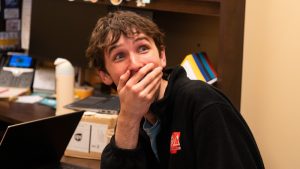
April 18, 2025
Josh Donaldson chosen for prestigious Truman Scholarship
The award recognizes students who are committed to careers in public service.
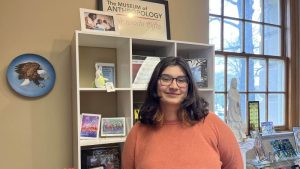
April 17, 2025
Student employees power Mizzou’s campus while preparing for the future
For National Student Employment Week, meet three Tigers who keep Mizzou running one shift at a time.
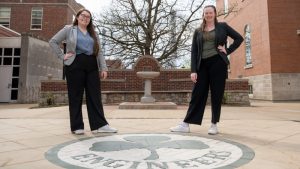
April 17, 2025
Roommates in research: two Mizzou chemical engineers receive NSF Graduate Research Fellowships
After spending their undergraduate years conducting research with life-saving implications, Emma McDougal and Marissa Moore each received National Science Foundation Graduate Research Fellowships.
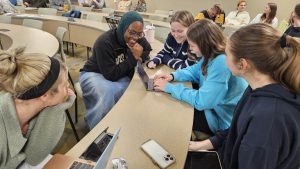
April 16, 2025
Hands-on learning with emerging technology
From augmented reality to robots, Mizzou Industrial Engineering students learn with leading edge tools.
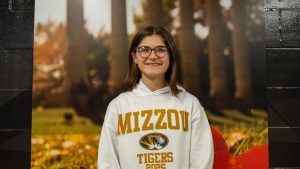
April 15, 2025
Pursuing passions: Morgenthaler earns information technology degree
Mizzou Engineering provided Kristyn Morgenthaler with hands-on opportunities in information technology (IT) that advanced her professional career.

April 14, 2025
Mizzou Engineering alumnus elected to National Academy of Engineering
Dale E. Klein has been recognized for his leadership in enhancing the safety of nuclear power plants worldwide.
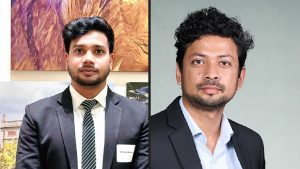
April 11, 2025
Mizzou Engineers drive advances in next-generation technologies
The PhD students’ research opens a path toward more robust transistors for space applications and other extreme environments.
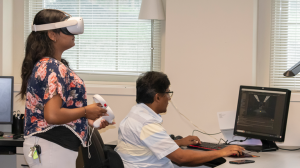
April 9, 2025
Graduate and professional students drive innovation and impact at Mizzou
Tigers share what it’s like to pursue advanced degrees at Mizzou, now ranked 15th among flagship universities for graduate education.
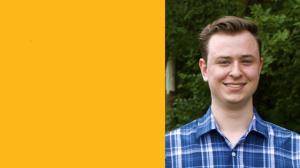
April 9, 2025
Mizzou Engineer earns Goldwater Scholarship
Undergraduate research has proved to be an invaluable experience for computer science and mathematics major Miles Farmer.
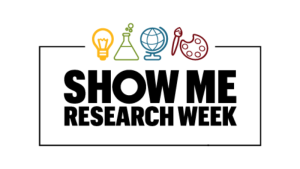
April 9, 2025
Mizzou Engineers set to present at Show Me Research Week
Next week, more than 60 engineering undergraduates, graduate students and postdocs will present their leading-edge research projects at the campus-wide event.